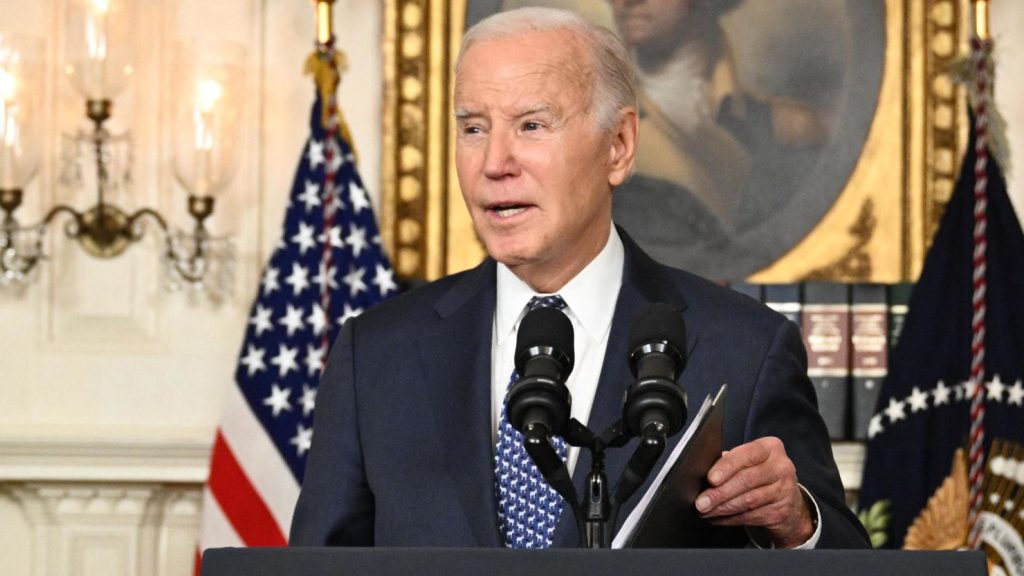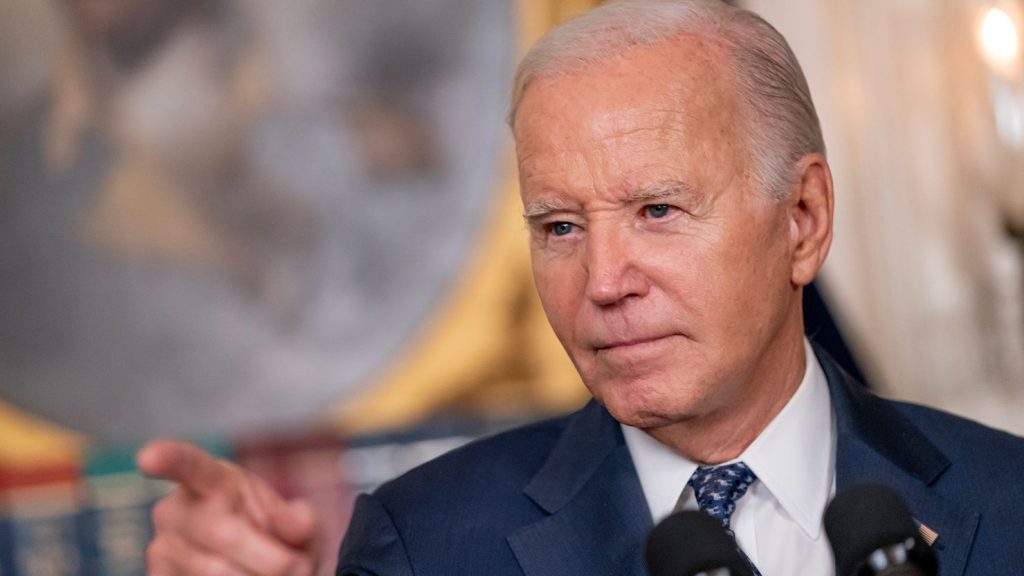The Republican House Foreign Affairs Committee chair asserted on Friday that Speaker Mike Johnson is facing a tough decision regarding the passage of U.S. military aid to Ukraine, Israel, and Taiwan, despite resistance from some within his party who oppose foreign spending due to concerns about the situation at the southern border.
Rep. Michael McCaul of Texas expressed confidence that the Speaker is committed to advancing President Biden’s national security supplemental request, even though the path forward remains uncertain amidst strong opposition from the GOP’s far right wing.
During a discussion hosted by the Christian Science Monitor in Washington, D.C., McCaul outlined the two challenging options facing Johnson: either bring the supplemental to the floor and risk facing removal by far-right members, or allow Ukraine supporters within the party to push for a vote and weaken his authority.

McCaul emphasized the difficulty of rallying support for a discharge petition, a process whereby legislation can be released if a majority of members sign on, as it would require bipartisan cooperation and potentially alienate progressive Democrats opposed to military aid for Israel.
Furthermore, he noted the challenges of convincing skeptical Republicans, who believe in prioritizing domestic issues over foreign aid, to support the supplemental.
McCaul criticized the notion that the U.S. must choose between addressing its southern border and supporting Ukraine, describing it as a false dichotomy that undermines the nation’s ability to address multiple priorities simultaneously.
Despite the urgency to provide aid to Ukraine ahead of potential Russian aggression, McCaul suggested that the House is likely to prioritize funding the U.S. government before addressing additional assistance for Ukraine.
While acknowledging former President Trump’s influence within the GOP, McCaul emphasized the importance of the House crafting its own approach to the supplemental rather than simply adopting the Senate’s version. He proposed potential changes to make the package more appealing, such as including the “REPO Act” to utilize frozen Russian assets for Ukraine’s reconstruction and considering economic assistance as a loan rather than outright aid.
McCaul highlighted the importance of passing the supplemental, stressing that it ultimately requires action from the House.



